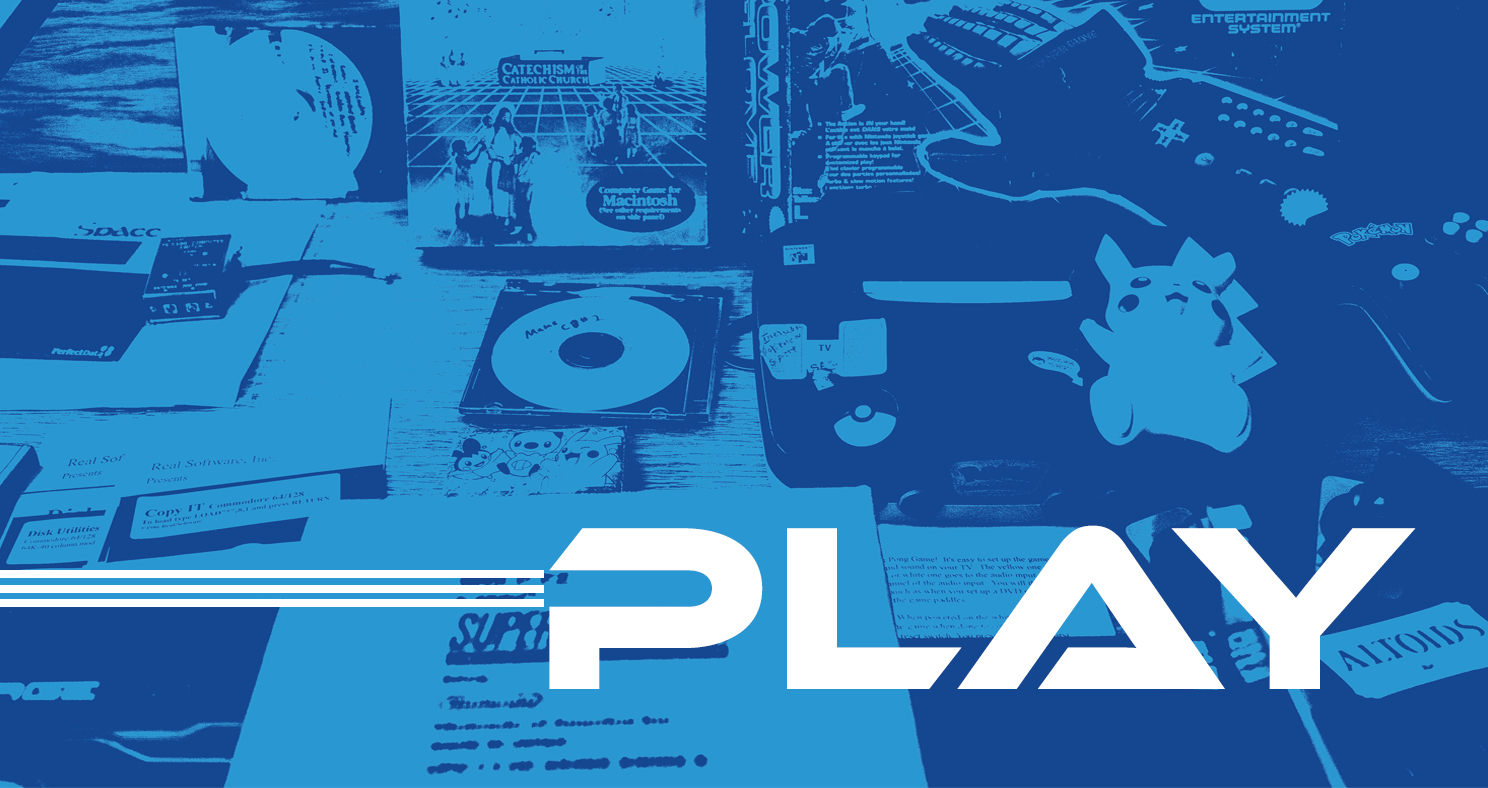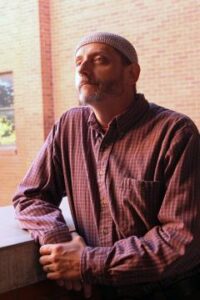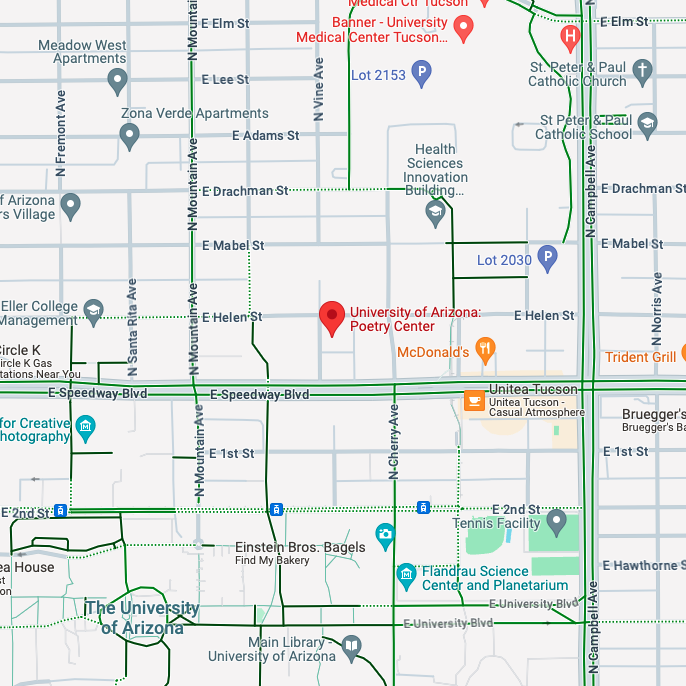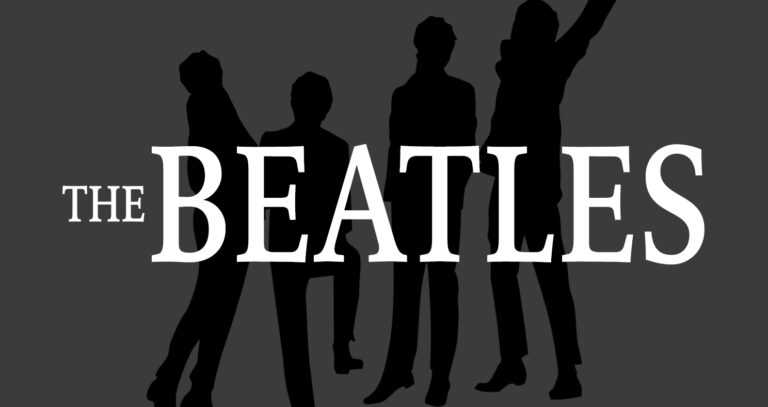From our species’ earliest moments, we have played. Mancala. Tabula. Chess. Noughts and Crosses. Monopoly. Bridge. Cops & Robbers. Halo. Minecraft. Cards Against Humanity. The list of contrivances that different peoples, communities, and cultures have devised to entertain themselves is endless. But more than a distinct category of human activity—one that supplements but stands apart from, for instance, work and relationships—play is infinite in both its particular instances and its cultural pervasiveness. Indeed, renowned historian of play Johan Huizinga observed in the early 20th Century that “the great archetypal activities of human society are all permeated with play from the start…law and order, commerce and profit, craft and art, poetry, wisdom and science. All are rooted in the primaeval soil of play.” In this 10 hour seminar, we will explore what play has meant in different cultures, try to understand why it sometimes becomes controversial, and ultimately develop an understanding of play that is dynamic enough to describe the latest computer game, yet robust enough to reveal what even the most traditional game—playground favorites such as hopscotch and sockball, for instance—tell us about the societies that gave rise to them. You’ll even design a game yourself.
Registration Opens Online: Monday, March 25, 2019 at 8AM (AZ Time)






